July 3, 2025 /SemiMedia/ — Intel’s new CEO, Lip-Bu Tan, is considering a major shift in the company’s foundry strategy, potentially shelving the 18A process for external clients in favor of its next-generation 14A node, according to two people familiar with the matter.
Since taking the helm in March, Tan has moved quickly to cut costs and reshape Intel’s approach to reviving its struggling foundry division. In a June internal discussion, he reportedly acknowledged that the 18A process, once a flagship investment under former CEO Pat Gelsinger, was losing traction among new clients.
Phasing out external sales of the 18A and its variant 18A-P—technologies developed over years at a cost of billions—could require a significant write-down, potentially in the range of hundreds of millions to several billion dollars, according to industry analysts.
Intel declined to comment on what it called “speculative scenarios,” but reiterated that 18A remains a central part of its internal product roadmap. The node is slated to power the “Panther Lake” laptop processor, expected to ramp in late 2025 and billed as the most advanced chip ever designed and built in the U.S.
However, securing external customers remains key to the future of Intel Foundry. The company still plans to begin volume production of 18A chips later this year, though internal chips are expected to be delivered before customer orders.
In response, Tan is reportedly reallocating resources toward the 14A process, which Intel expects to be more competitive than TSMC’s equivalent offerings. The company is now tailoring 14A development based on the technical needs of strategic customers, aiming to enhance adoption and market positioning.
One of the sources said Intel’s board is expected to review proposals on the future of 18A foundry offerings as early as this month, under Tan’s directive.

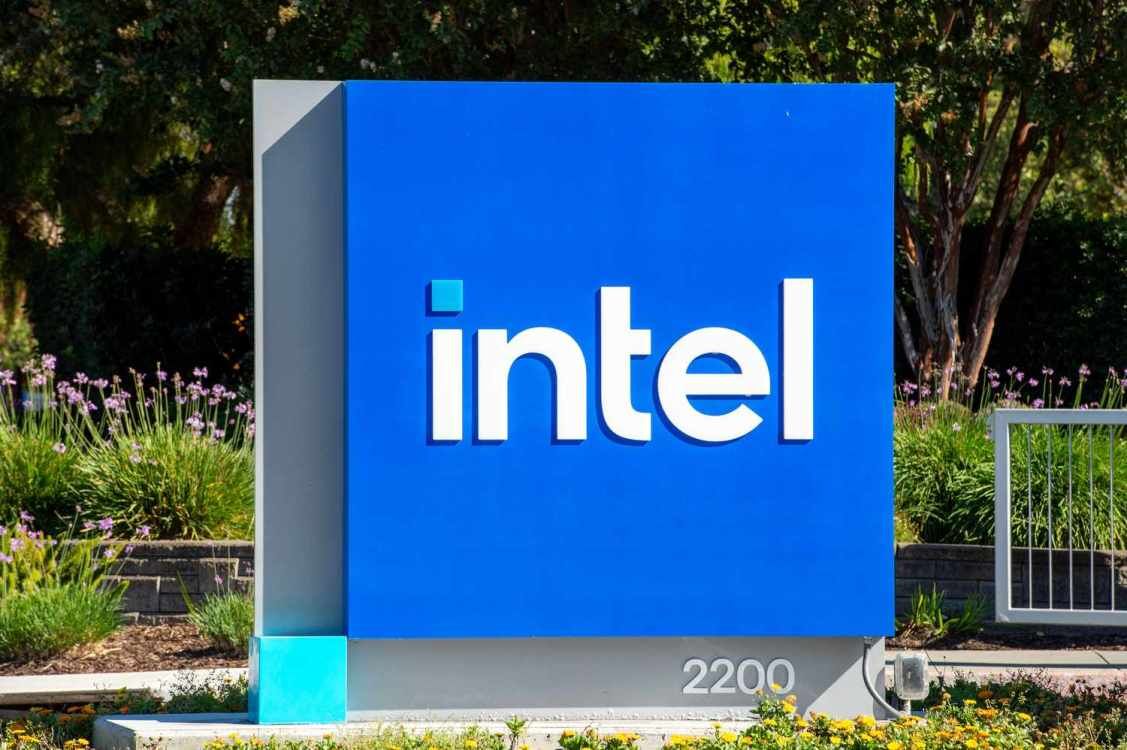




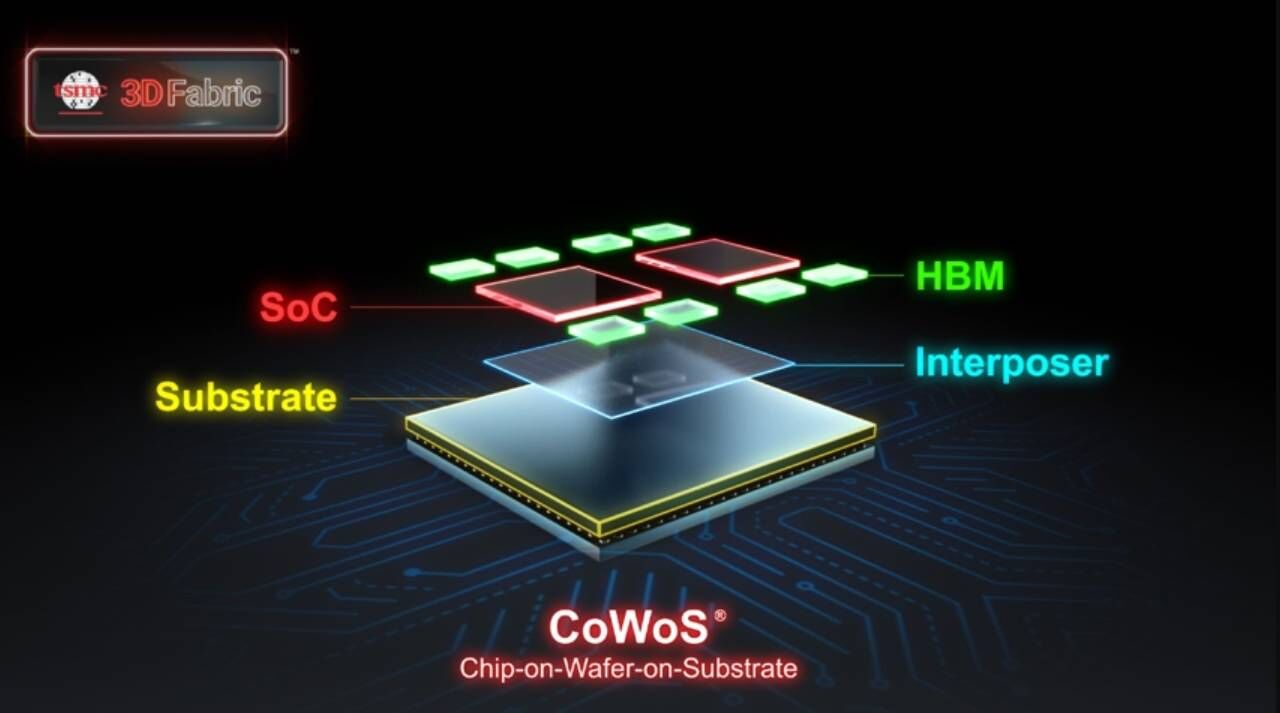
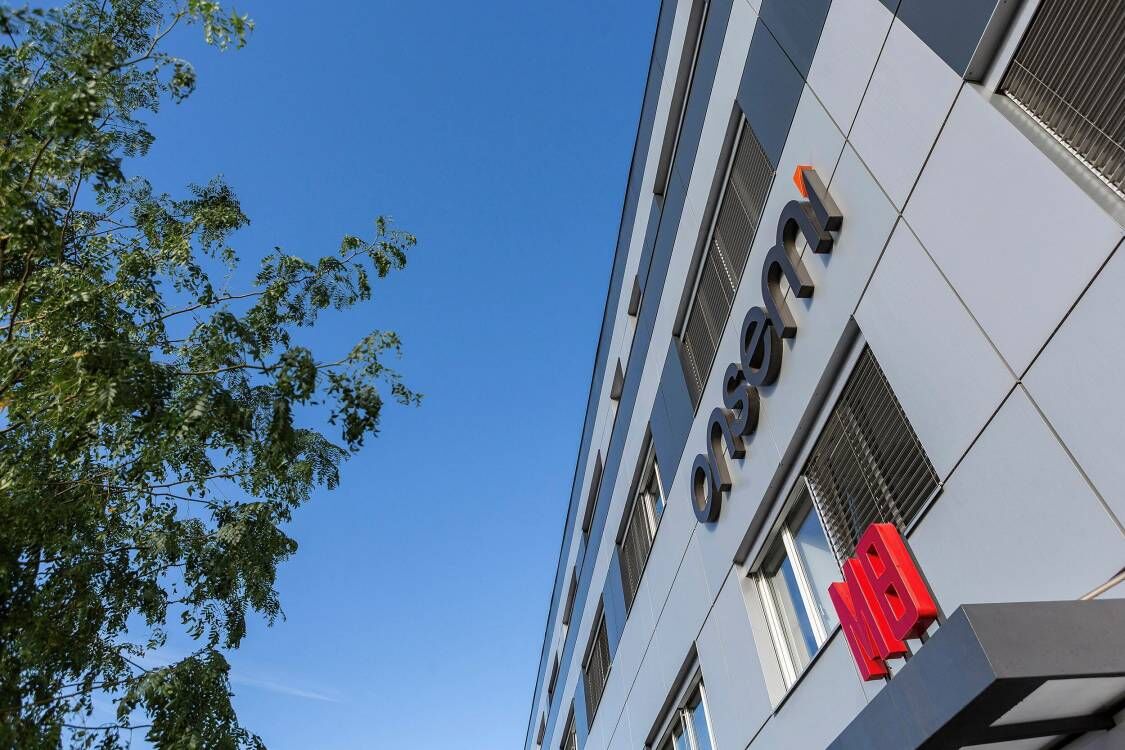

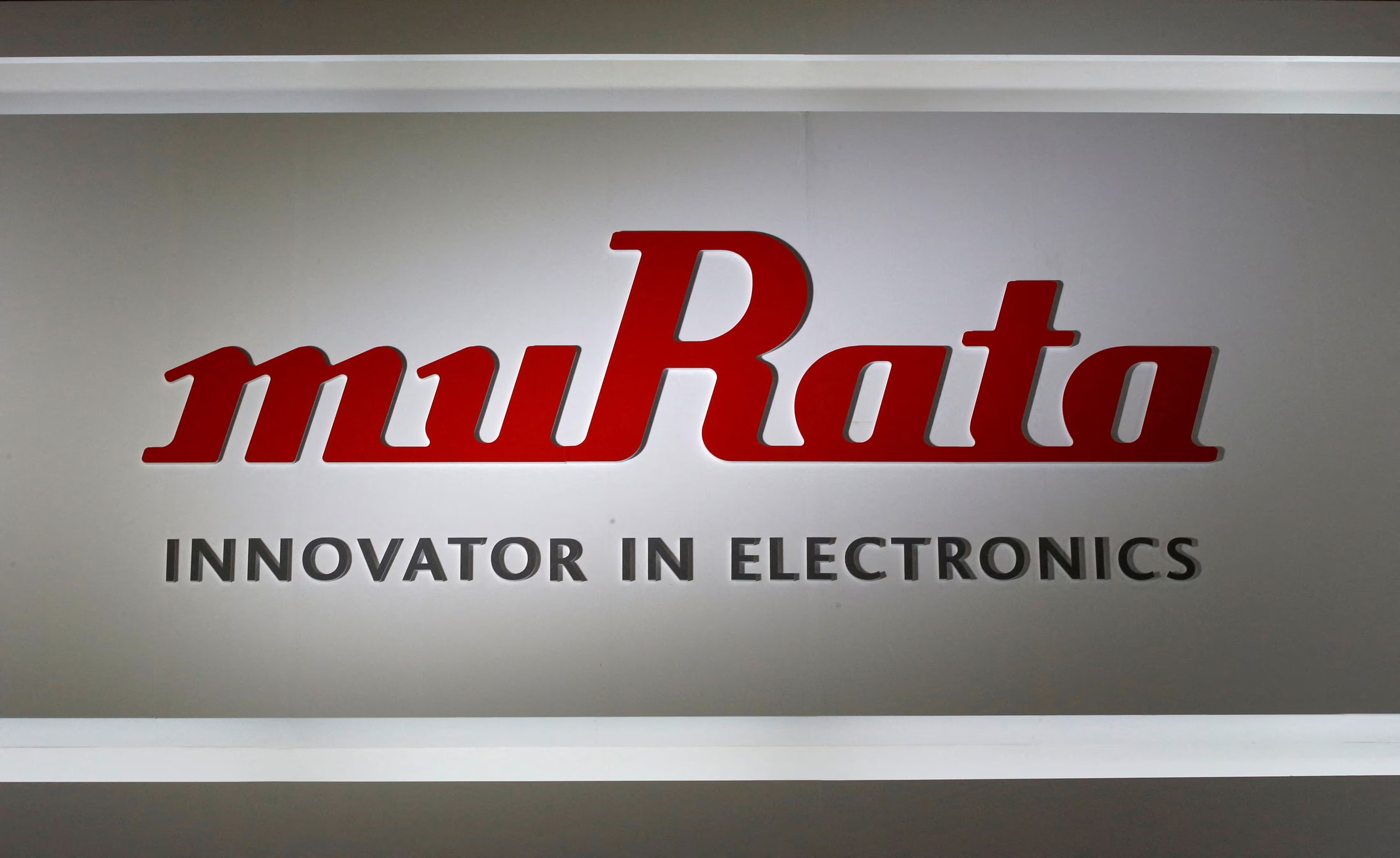
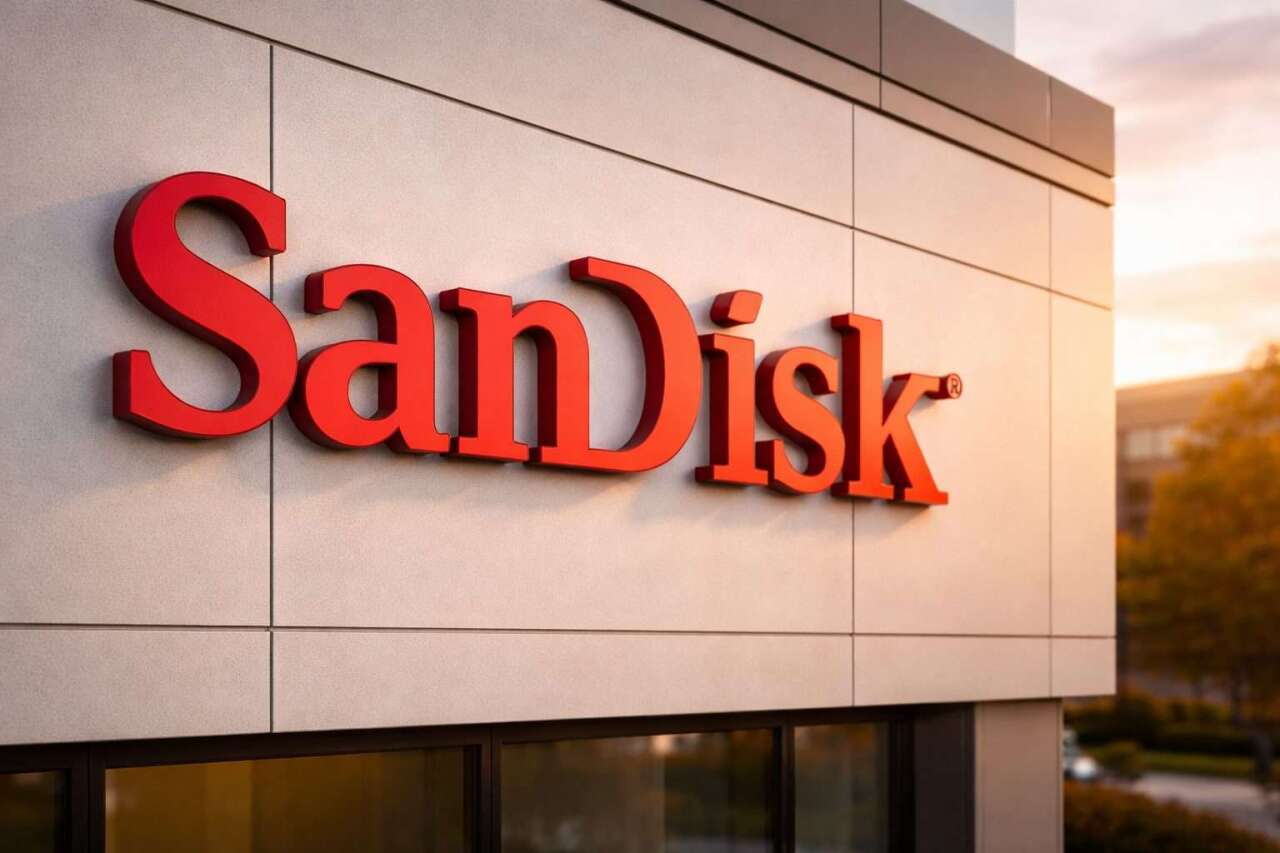

All Comments (0)